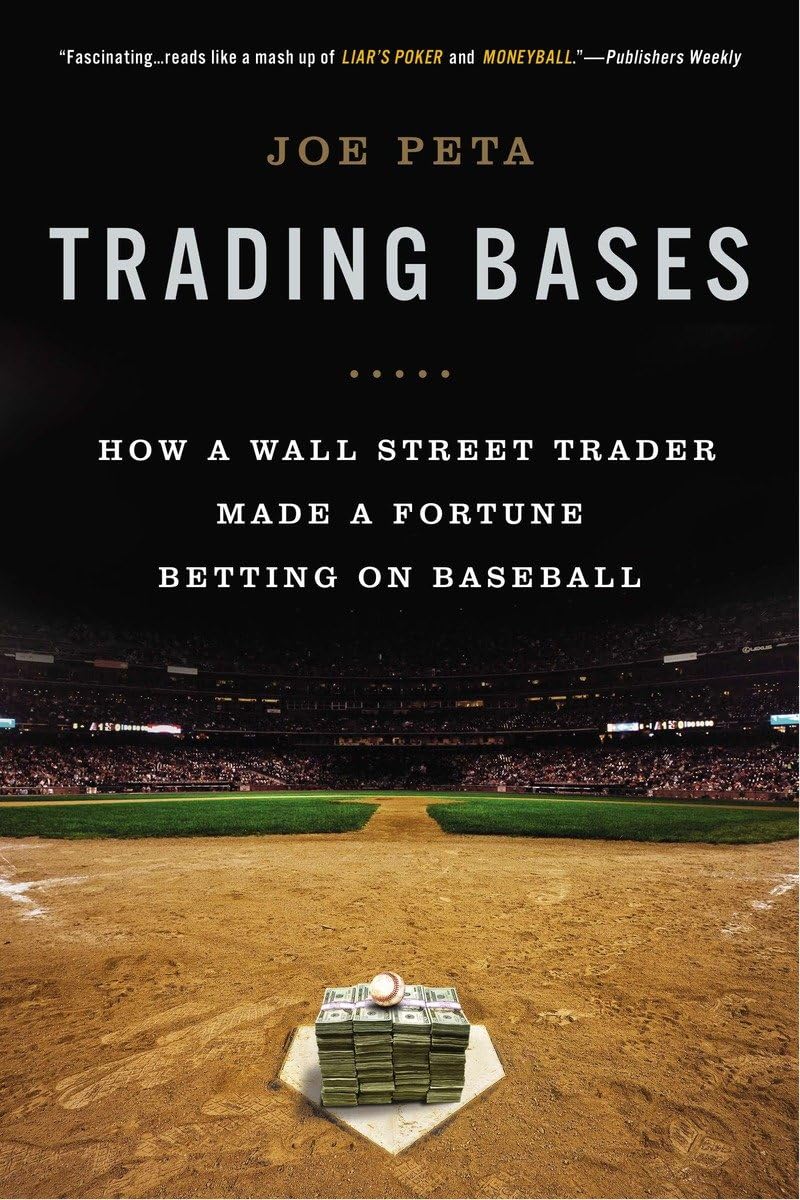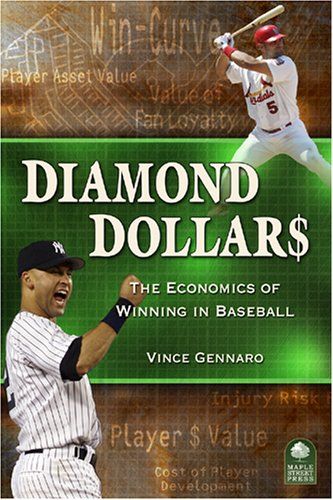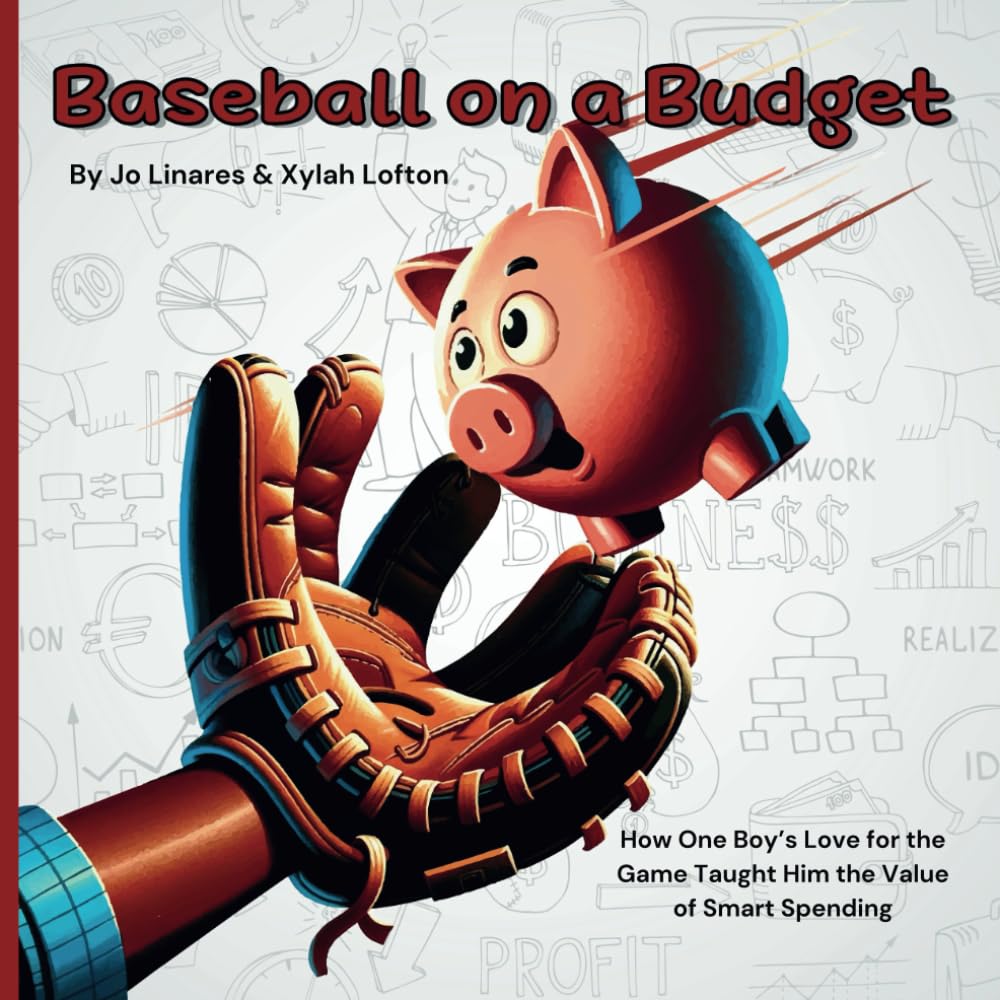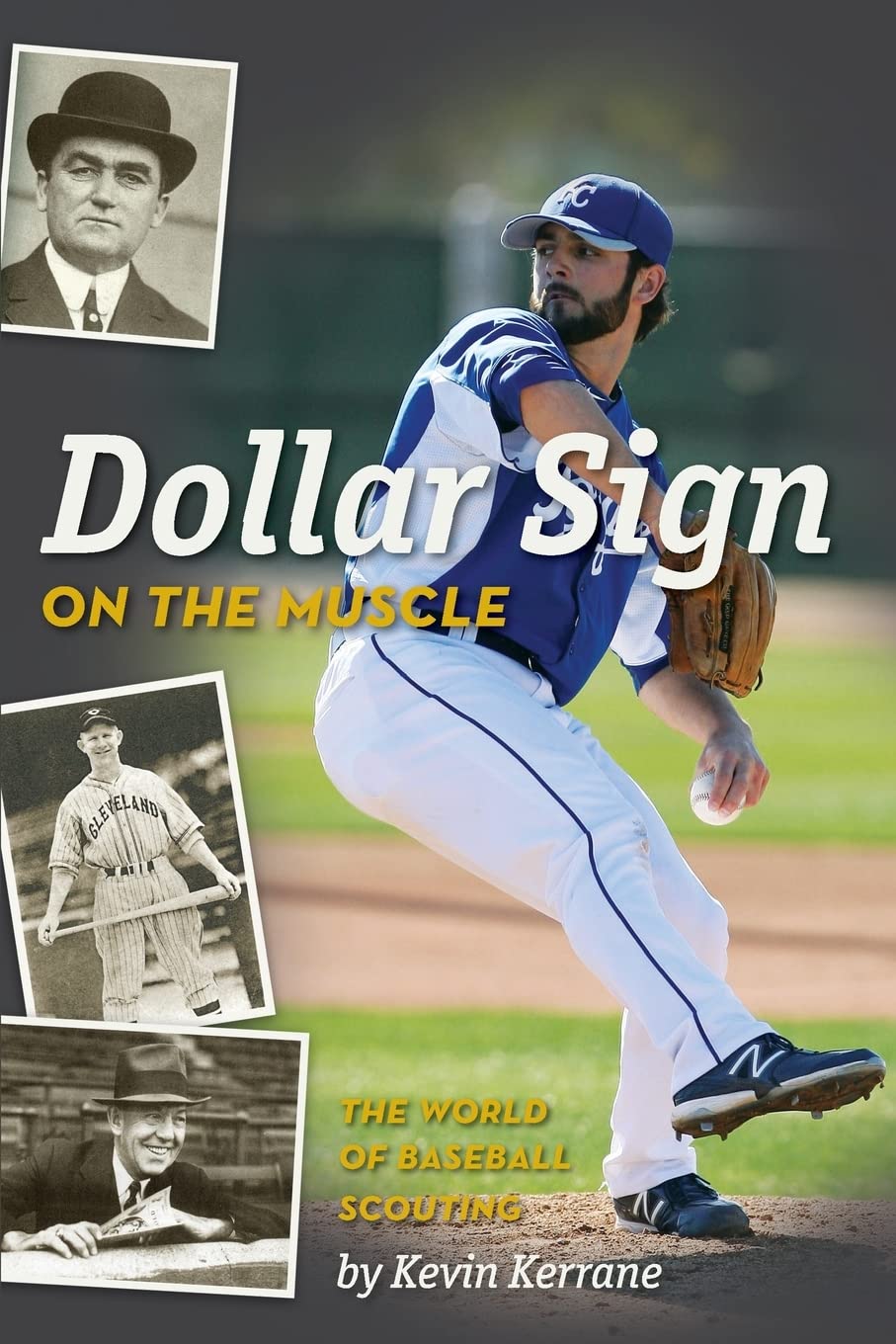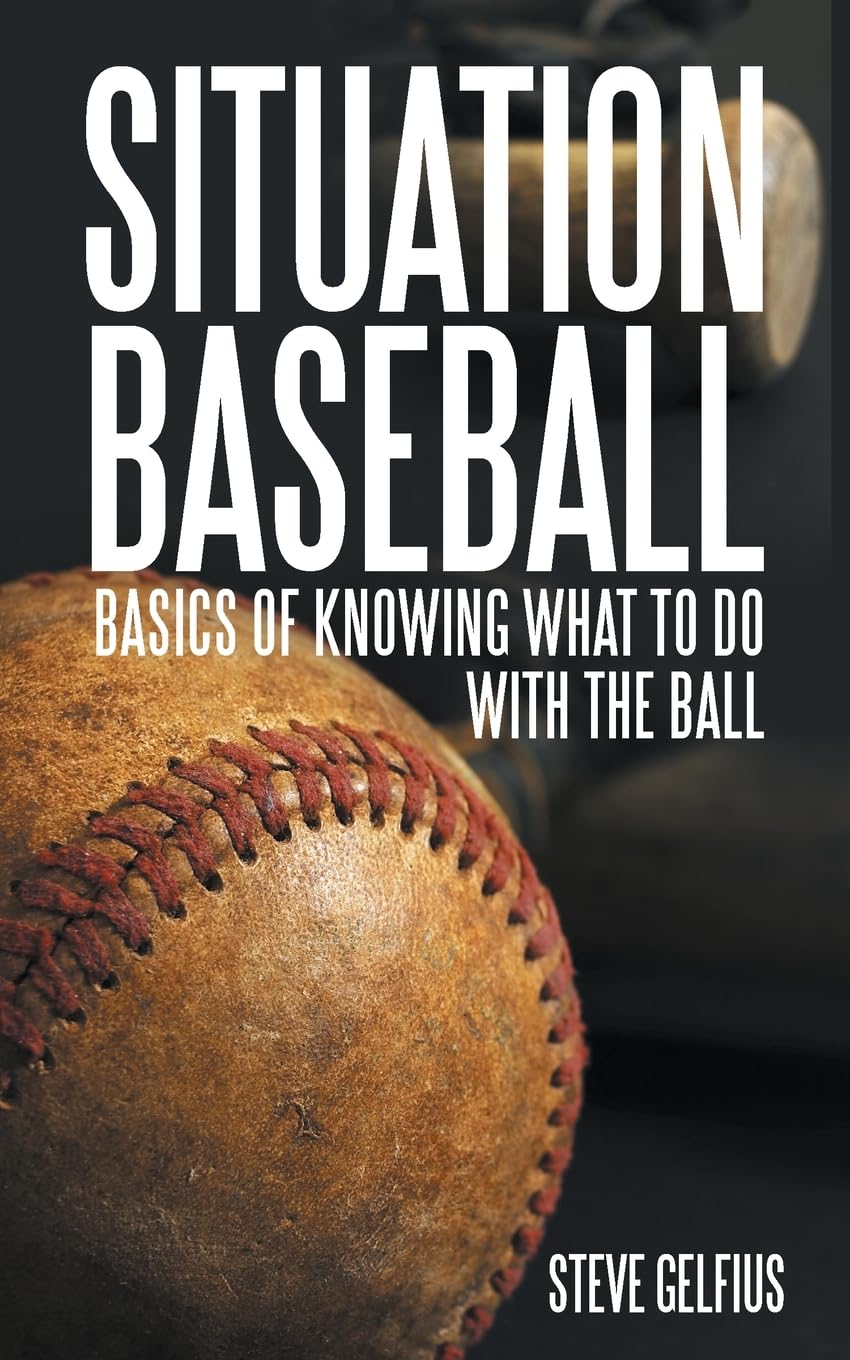Baseball is more than just a sport; it’s a significant part of America’s cultural and economic fabric. Books on baseball’s economics explore this fascinating intersection, examining everything from team revenues to player salaries. These books offer insights into how the sport generates money and the financial challenges teams face.
When choosing a book on baseball’s economics, consider the author’s expertise and focus. Some books provide an overview of the industry, while others dive into specific aspects such as labor relations or stadium financing. Look for books with recent data and analysis to ensure accurate and relevant information.
Selecting the right book can deepen your appreciation for the sport beyond the game itself. Understanding the economic forces at play helps you see the bigger picture and prepares you to engage in thoughtful discussions about baseball’s future.
Top Books on Baseball’s Economics
Explore some of the most insightful books that dive into the economics of baseball. These selections offer a deeper look at the financial side of the sport, providing you with a better grasp of how money influences the game.
Trading Bases
Anyone interested in the intersection of baseball and finance will find this book a fascinating exploration.
Pros
- Engaging narrative that combines sports and finance
- Simple explanations of complex concepts
- Offers a unique perspective from a Wall Street professional
Cons
- Not a detailed guide for betting success
- Requires some interest in numbers and finance
- The ending may feel abrupt to some readers
Joe Peta, once a Wall Street trader, shares his journey of crafting a baseball betting model while recovering from an accident. This book blends personal stories with insights into sports and finance. It’s written in a way that keeps readers entertained, even if they just have a casual interest in baseball.
You’ll find Peta’s ability to connect baseball statistics with financial insights impressive. He uses narrative to pull you into his world, making complex concepts more digestible. His journey reveals new sides of both sports and the stock market, aligning them in unexpected ways.
The book is not just about betting but also about how analysis and passion can intersect. While it’s informative, it’s not an instructional manual for betting success, and a basic interest in numbers will help you grasp its full value.
For anyone curious about how Wall Street skills can apply to sports, “Trading Bases” offers a compelling and enjoyable read.
Diamond Dollars
If you are curious about how economics shapes baseball, this book offers a unique perspective.
Pros
- Insight into revenue sources for teams
- Useful for fantasy baseball fans
- Clear explanation of economic principles
Cons
- Some data may be outdated due to publication year
- Could be more concise
- Appeals more to those with a strong interest in sports economics
This book delves into how financial strategies influence success on the baseball field. It offers a deep dive into the economic forces that drive the game. Whether you’re strategizing for your fantasy team or just curious, this offers plenty to think about.
The book explains where team revenues come from and how they can impact performance. It connects financial management to winning, making it a solid choice if you’re interested in sports business.
There is a detailed look at the components that make up a team’s profit. Although its publication date means some data might be a bit old, the core ideas remain relevant. This book opens up the hidden world of baseball economics in a way that’s both clear and intriguing.
Baseball on a Budget
This book is a delightful and educational read for young baseball fans wanting to learn about money management through an engaging story.
Pros
- Teaches children valuable budgeting skills
- Combines fun storytelling with practical lessons
- Effective use of rhymes to keep readers engaged
Cons
- Might be too simple for older kids
- Focuses primarily on baseball fans
- Limited page count may not cover all budgeting topics
“Baseball on a Budget” blends an engaging story with important lessons about budgeting for kids. It’s perfect for young baseball enthusiasts who are starting to learn about financial concepts. With a relatable character like Jayden, children can enjoy following his journey and learning along the way.
The book uses rhyme and storytelling to make budgeting concepts easy for kids to grasp. Parents will appreciate the blend of fun and education, making it a great choice for family reading time. Jayden’s adventures bring the topic of money management to life.
Children will not only be entertained but also educated on how to save and spend wisely. If you want to introduce basic financial literacy to your child, this book offers a great starting point with its lighthearted approach.
Dollar Sign on the Muscle
This book offers a unique look into the world of baseball scouting that any fan of the sport should consider.
Pros
- Provides a fascinating glimpse into the history and philosophy of scouting.
- Full of engaging stories from real scouts.
- Great for baseball enthusiasts interested in the behind-the-scenes action.
Cons
- Some parts might feel outdated.
- It’s not a step-by-step guide on how to become a scout.
- Certain sections are lengthy and detailed.
Dollar Sign on the Muscle takes you into the intriguing world of baseball scouting, shedding light on how talent is discovered. It blends history with personal accounts from scouts, offering a rich narrative that pulls you into the lives and challenges these scouts face.
This book is a good pick if you are curious about what goes into finding the next big baseball star. It doesn’t just recount events; it captures the essence of a scout’s life. While it is rooted in older times, many insights are still relevant today.
For those deeply passionate about baseball, its stories and characters make it an engaging read. Just remember, while the historical context is fascinating, some parts may not reflect the modern state of baseball scouting.
Situation Baseball
This book is a useful tool for young players and their families eager to better understand situational baseball.
Pros
- Easy for young players to understand
- Enhances situational awareness
- Useful for parents and coaches
Cons
- Diagrams can be confusing
- Too basic for some advanced players
- Limited depth in advanced strategies
Situation Baseball stands out as an accessible guide for budding baseball enthusiasts. With its clear language and simple explanations, it serves as a foundational tool for those just starting to learn about the game. Young players and beginner coaches alike can benefit from the straightforward instructions.
Many parents find it helpful in teaching their children the game’s dynamics. Kids can grasp the basic situational plays and know what to do in various scenarios. This book acts as a useful resource for family discussions about baseball tactics and strategies.
However, some readers might find the diagrams less than ideal, as they can occasionally be unclear. Additionally, older or more advanced players might find the material too basic for their needs.
Buying Guide
When choosing a book on baseball’s economics, consider a few key factors to make a good selection for your needs.
Purpose
Figure out why you want to read about baseball’s economics. Are you curious about team finances, player salaries, or the business side of the game? Clarifying your purpose helps narrow down the choices.
Author’s Background
Check if the author is an expert in baseball or economics. Knowing the writer’s credentials adds value to the book’s insights. Look for authors with strong expertise or experience in the field.
Book Length and Depth
Think about how much detail you want. Some books offer a quick overview, while others provide deep dives. A balance of depth and readability can be useful.
Reader Reviews
Look at what other readers say about the book. Reviews can give you a sense of whether it’s informative or interesting. Be cautious of overly positive or negative reviews.
| Feature | Importance |
|---|---|
| Purpose | Match with your interests (team finances, player salaries). |
| Author | Credible and knowledgeable in baseball or economics. |
| Length | Consider the level of detail you prefer. |
| Reviews | Check feedback from other readers. |
Price
Prices vary, so pick a book that fits your budget. More expensive doesn’t always mean better quality.
Consider these aspects before making your purchase to get the most from your reading experience.
- Biographies
- Current Baseball Players
- Current Players by Team
- Players that Retired in the 2020s
- Players that Retired in the 2010s
- Players that Retired in the 2000s
- Players that Retired in the 1990s
- Players that Retired in the 1980s
- Players that Retired in the 1970s
- Players that Retired in the 1960s
- Players that Retired in the 1950s
- Players that Retired in the 1940s
- Players that Retired in the 1930s

